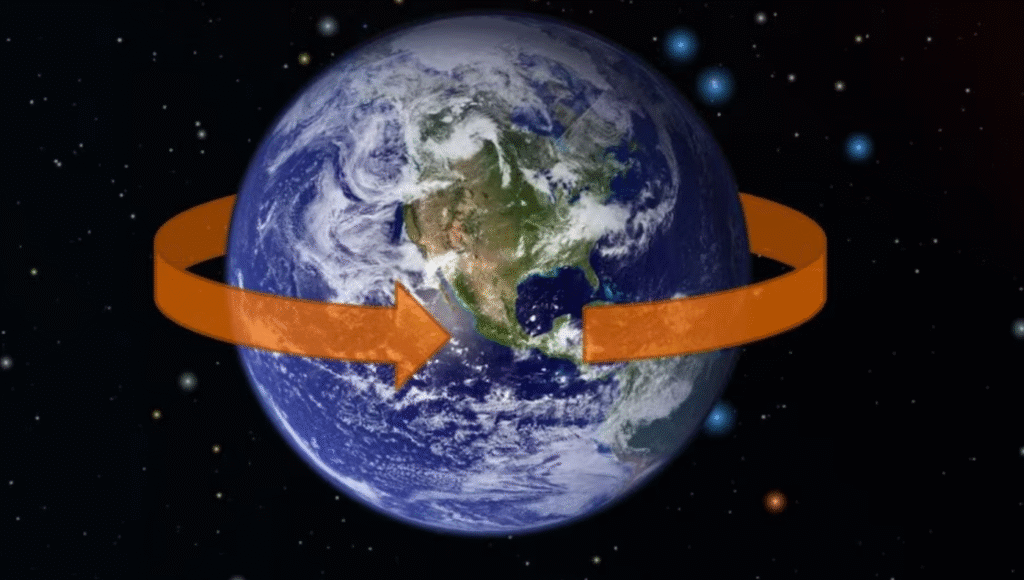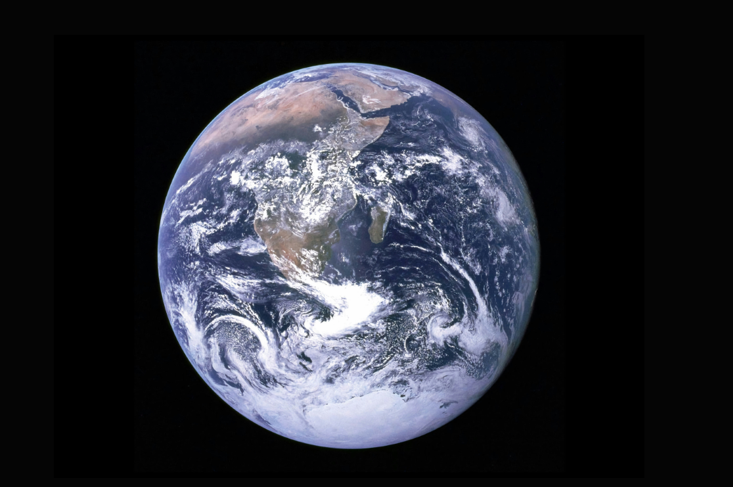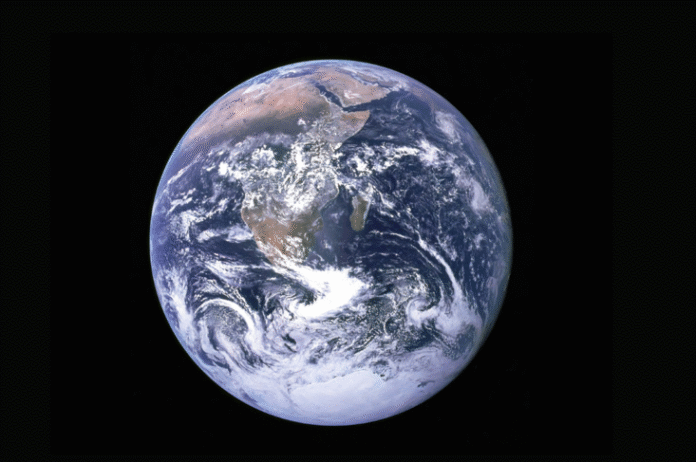Earth to Spin Faster on July 22: Second-Shortest Day in History
Earth is expected to spin slightly faster on July 22, 2025, making it the second-shortest day ever recorded. According to scientists, the day will be approximately 1.34 milliseconds shorter than the standard 24-hour period. The title event, Earth to spin faster on July 22, is now drawing attention from global timekeeping authorities.

This unusual speed-up has been observed through ultra-precise atomic clocks and satellite data. While a millisecond may seem insignificant, such changes are highly relevant in the world of physics, astronomy, and digital timekeeping. The fastest recorded spin so far happened just earlier this year on July 10, which was 1.36 milliseconds shorter than average.
What’s Causing the Earth’s Faster Spin?
Experts say that Earth’s rotation speed isn’t fixed. Several factors can change how fast our planet spins on its axis. On July 22, the Moon will reach its maximum declination, which slightly shifts its gravitational pull. This off-center lunar tug is known to accelerate Earth’s spin, the same alignment occurred earlier in July, and it’s repeating now.
Typically, the Moon slows Earth’s rotation due to tidal friction. But under certain conditions, its position can briefly act in the opposite way, speeding things up instead of slowing them down.

Other Factors Affecting Earth’s Rotation
Besides the Moon’s influence, scientists also point to climate-related mass redistribution on Earth. For example, melting glaciers and changes in ocean circulation can affect Earth’s moment of inertia, a key element in rotational dynamics.
Even events like large earthquakes and seasonal air pressure shifts can cause micro-adjustments in rotation. These effects, while subtle, accumulate and lead to millisecond-level variations in day length.
If the current trend continues, experts warn that a “negative leap second” might be needed in the future. This adjustment would be the first of its kind, aimed at keeping atomic time in sync with Earth’s faster rotation.

